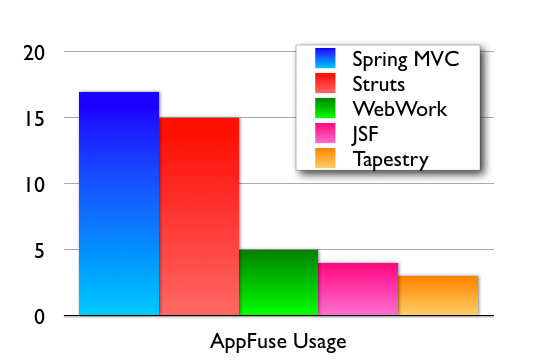Skiing in Colorado - it's looking good this year
The last couple of weeks have been frustrating. Actually, it's really been the last couple of years. You see, I live in Denver, Colorado - a city that's close to some of the best skiing on the planet. Furthermore, skiing here is pretty cheap. Starting about 10 years ago, all the resorts reduced their "season pass" prices from thousands to hundreds. You can get a ski pass to Keystone, Breckenridge, A-Basin, Vail and Beavercreek (5 mountains!) for a mere 350 bucks.
When Julie first moved here, we were pretty regular skiiers. We both got passes and went skiing almost every weekend. In 1999-2000, I worked for a .com that had a "9-inch" rule, where we got to go skiing whenever it snowed more than 9 inches the night before. This happened to coincide with one of the best ski seasons ever, and we managed to ski an average of 3 days per week (including weekends). Needless to say, I went from being a decent "black skier" to skiing chutes and bumbs with ease.
Then the kids came. The first year it wasn't so bad. When Abbie was first born, I had my first book deal, and I started AppFuse - so I didn't notice the winter pass me by. That was the first year I didn't buy a pass in quite a few years. The next year, I made sure to buy a season pass and barely got my money's worth (only skiing 5 times). I bought one again last year, and still only made it up 4 times. This year I didn't buy one.
For the last 2 weeks, I've gotten a 9" snow report in my inbox almost every day! It is dumping in Colorado this year and looks to be one of the best ski seasons ever. This year I'm planning on taking Abbie up with me, and getting her started on the "slopes." The problem? Why haven't I been up there yet? Work - how bad does that suck? And it's not real work IMO. It's open source and conference preparation. Ugh.
I need to get in shape, I need to find a client with a 9" rule - and I need to get to the hills! Ahhh, the good ol' days. I miss 'em.
Note to self: mountain biking and skiing should have a higher priority than any of this career mumbo jumbo. 



